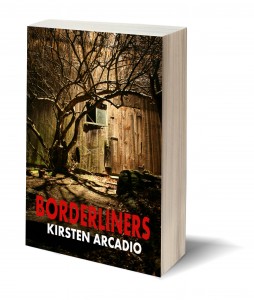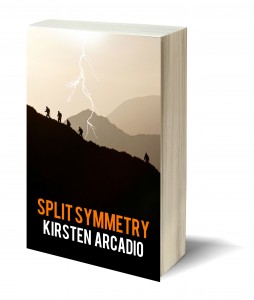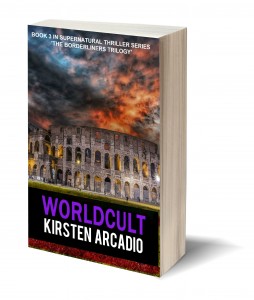In his book, On Writing, Stephen King tells us he has a well defined routine. He writes in the morning until about 11am and reads in the evening. Every day of the year, without fail. He also says this:
‘If you don’t have time to read, you don’t have the time (or the tools) to write. Simple as that.’
And I agree.
I’ve also heard it said that novelists should aim to write 2,000 words and read 2,000 words a day. I liked this so much I took it upon myself to try and stick to it, but in the end I had to go with write 1,000 words and read about 3,000 a day – I’ve changed the ratios a bit whilst keeping the discipline.
Either way, the message is clear – if you want to write well, you need to be a voracious reader.
As an aspiring novelist, reading widely helps me to emulate writing I admire and
It helps widen vocabulary and access recurring themes which fascinate me. When asked to compile a list of my favourite books recently, I was interested to see how many of them shared themes. This was not something I was consciously aware of, having considered myself an eclectic reader!
When I’m working on a project, reading within the genre I write in is particularly useful. At the moment I’m lapping up Gillian Flynn’s books, but also Dan Brown’s! Both have something to teach me about pace and intrigue. I’ve also returned to Kafka and Kundera for philosophical undertones and Nabokov for wonderful descriptions. Murakami’s IQ84 is a new discovery which I am devouring, word by word. The list goes on. The reading goes on.
Just when I feel like I’m up against a writer’s block, I’ll read something… amazing. And I off I go again.




